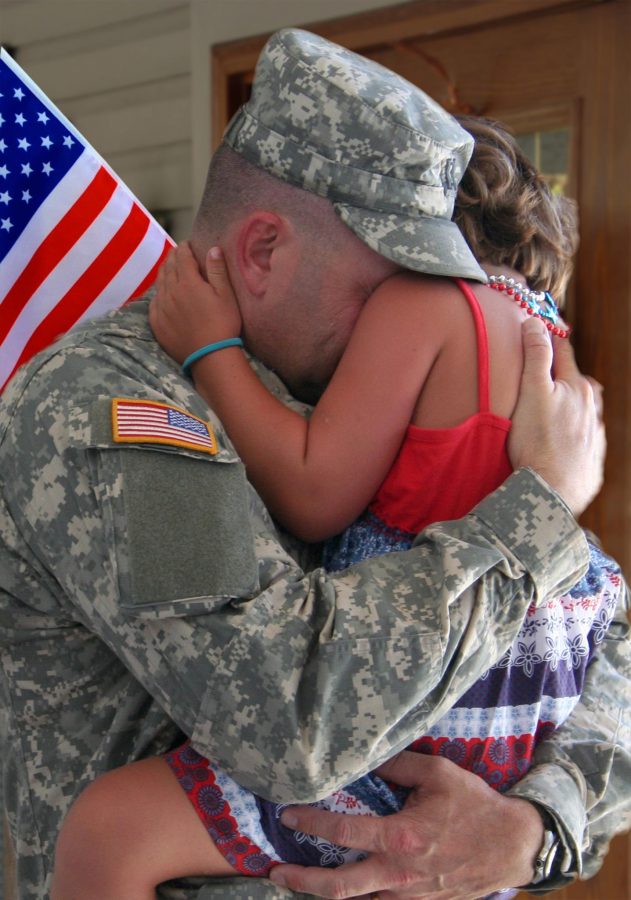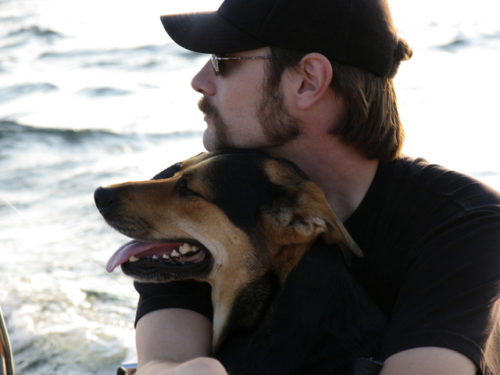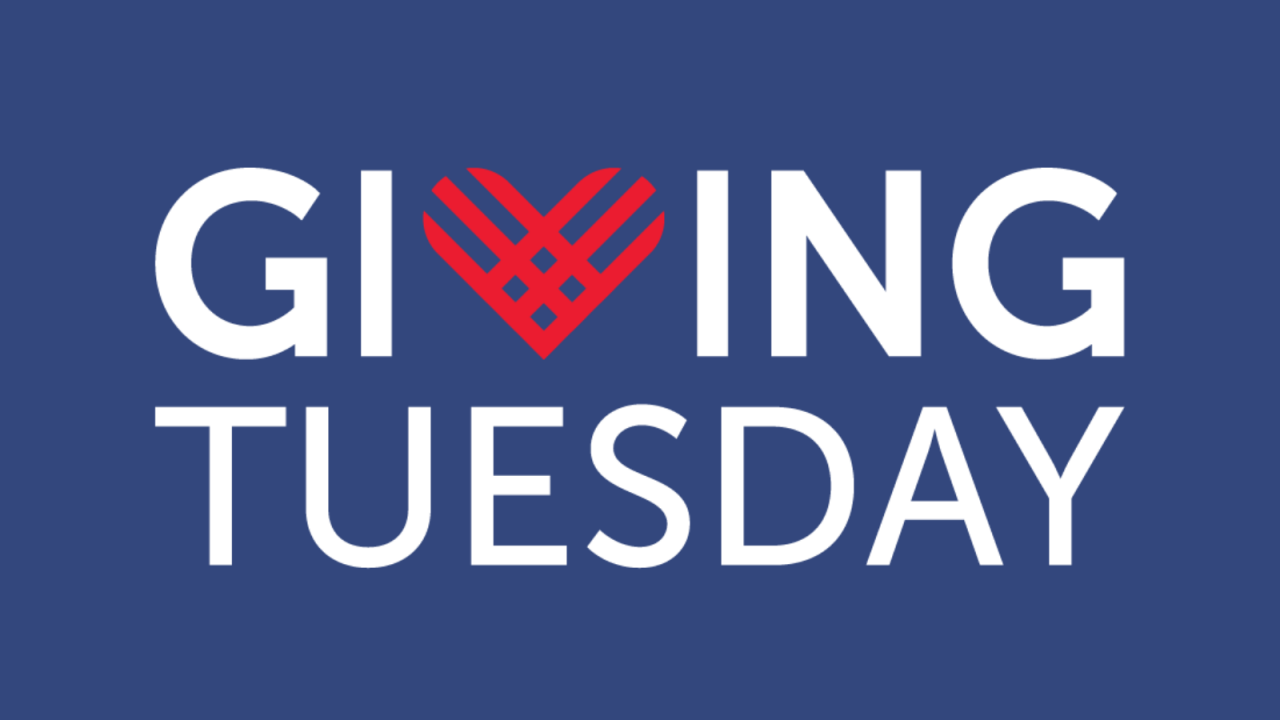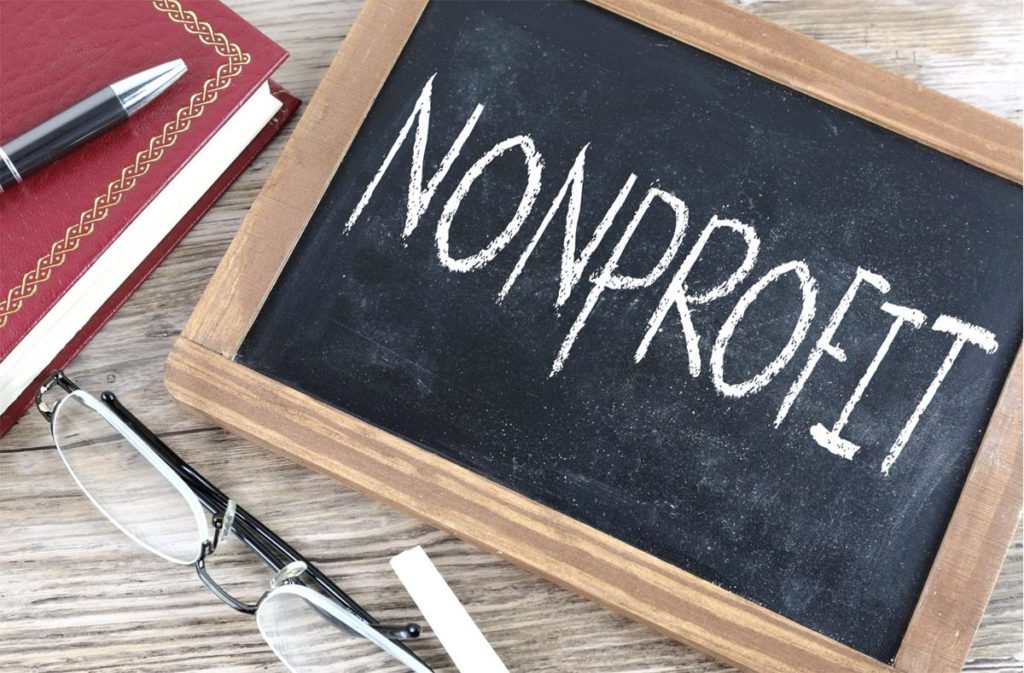Veterans Day: Addressing Mental Health Issues Faced by Veterans

One of the major challenges facing those who serve overseas is the adjustment back to civilian life. As many as 31% of Vietnam veterans, for example, suffer from PTSD over the course of their lifetime, according to VeteransandPTSD.com, with many soldiers reporting symptoms years after returning from deployment. An estimated 50% of soldiers experiencing PTSD do not seek treatment.
Although there is a long history of pets and veterans working together to cope with trauma, the Department of Veterans Affairs encourages vets who are struggling with mental health issues to turn to pets in addition to traditional forms of therapy. There are a multitude of reasons why dogs may help servicepeople cope with PTSD. Among the reasons they cited: animals can bring out feelings of love, they can help reduce stress, they encourage owners to get outside for runs or walks, they help veterans meet new people, and, intriguingly, their ability to take orders well when trained can provide a healthy outlet for veterans who were used to giving orders in the military.
- An American Heart Association study found that high blood pressure patients who owned pets kept their blood pressure lower in times of mental stress than those without pets
- Dementia patients who received 11 weeks of dog-assisted therapy improved their depression at a higher rate than those who had human-only therapy, according to a study in Anthrozoös journal
- Harvard researchers speculate that when people interact with animals, their body increases production of oxytocin, or the “love hormone” that encourages bonding, as well as the brain chemical serotonin
These findings indicate that pets can have a positive effect on veterans who are coping with trauma and can help to reduce stress. VeteransandPTSD.com estimates that at least 20% of Iraq and Afghanistan veterans suffer from PTSD, although some mental health professionals estimate that that number is actually much higher. And while animals definitely have therapeutic effects that can help veterans tackle their PTSD, they aren’t a substitute for evidence-based treatment. A number of incredible nonprofits out there are helping our veterans receive the care they need to cope with the mental trauma of war.

GreatNonprofits.org has compiled a list of some of our Top Veterans Nonprofits that place a special emphasis on mental health concerns:
Enabling Veterans to Heal from the Emotional Wounds of War
Starfish Foundation in Milwaukee, Wisconsin
The Starfish Foundation raises funds for scholarships that assist trauma survivors and military veterans in attending programs for emotional healing. They help veterans access programs that are specifically tailored to address the emotional wounds of war. One veteran served who eventually went on to become a volunteer was so moved by her experience, writing “staff members helped me understand the depression and PTSD of the military sexual trauma I’d experienced and [start] the healing process I desperately needed.” Another veteran noted that he was “suffering from trauma [he] didn’t realize [he] had, but that was impacting [his] life very negatively. The Taking It Lightly weekend opened [his] eyes . . . to what life could be like. That was 15 years ago.” Since attending the Starfish Foundation-funded program, he has been happily married for 14 years, finished graduate school, and obtained a professional job. “I couldn’t have done it without the work and the volunteers in this program.”
Taking Care of Military Families Before, During, and After Deployment
H.E.R.O.E.S. Care in Fenton, Montana
Since 2003, H.E.R.O.E.S. Care has provided coordinated support to more than 150,000 military members and their families before, during, and after deployment. The Montana-based organization provides support to military families all over the country through caregivers who are trained to detect the need for professional mental health care, help the families connect with job placement services, and coordinate other forms of support for the family within their community. Each caregiver is assigned to a primary care receiver (PCR), usually a spouse, significant other, or another adult family member chosen by the deploying service member, and their care begins before deployment, continues throughout a deployment, and can last up to two years after a serviceperson gets back home. One family that was served by H.E.R.O.E.S. recalled a free furniture giveaway that their PCR let them know about, and another client served recalls, “From my experience no soldier shall be in need with this organization in operation as they strive to fulfill any need and seem to always come through.”
Serving the Families of Those Serving Overseas
Our Military Kids in McLean, Virginia
Our Military Kids is a nonprofit that provides grants to the children of National Guard and Military Reserve personnel who are currently deployed overseas, as well as the children of Wounded Warriors in all components and branches of military service. The program has provided nearly $21 million in grants to pay for fees associated with athletics, fine arts, and tutoring programs to more than 53,000 kids in military families. The mental health burden of military service often extends to the families of those deployed. Our Military Kids is combating the stress of deployment on the children of servicepeople; their surveys indicate that around 80% of parents noticed an increase in stress or anxiety in their children during deployments, and 89% indicated that participation in the activity positively impacted their children by reducing some or all of their symptoms of stress.
The mental health effects of military service can be devastating. These inspiring nonprofits are tackling PTSD and other mental health issues head-on, hopefully to create a world in which many more veterans experiencing PTSD receive treatment for their symptoms. Pets and veterans can work together, along with other effective forms of therapy, to help veterans lead healthier lives. In the meantime, share this page to raise awareness about the health effects of military service on our veterans, and check out our Top-Rated Veterans Nonprofits at GreatNonprofits.org for ways to donate, volunteer, and otherwise get involved!




















